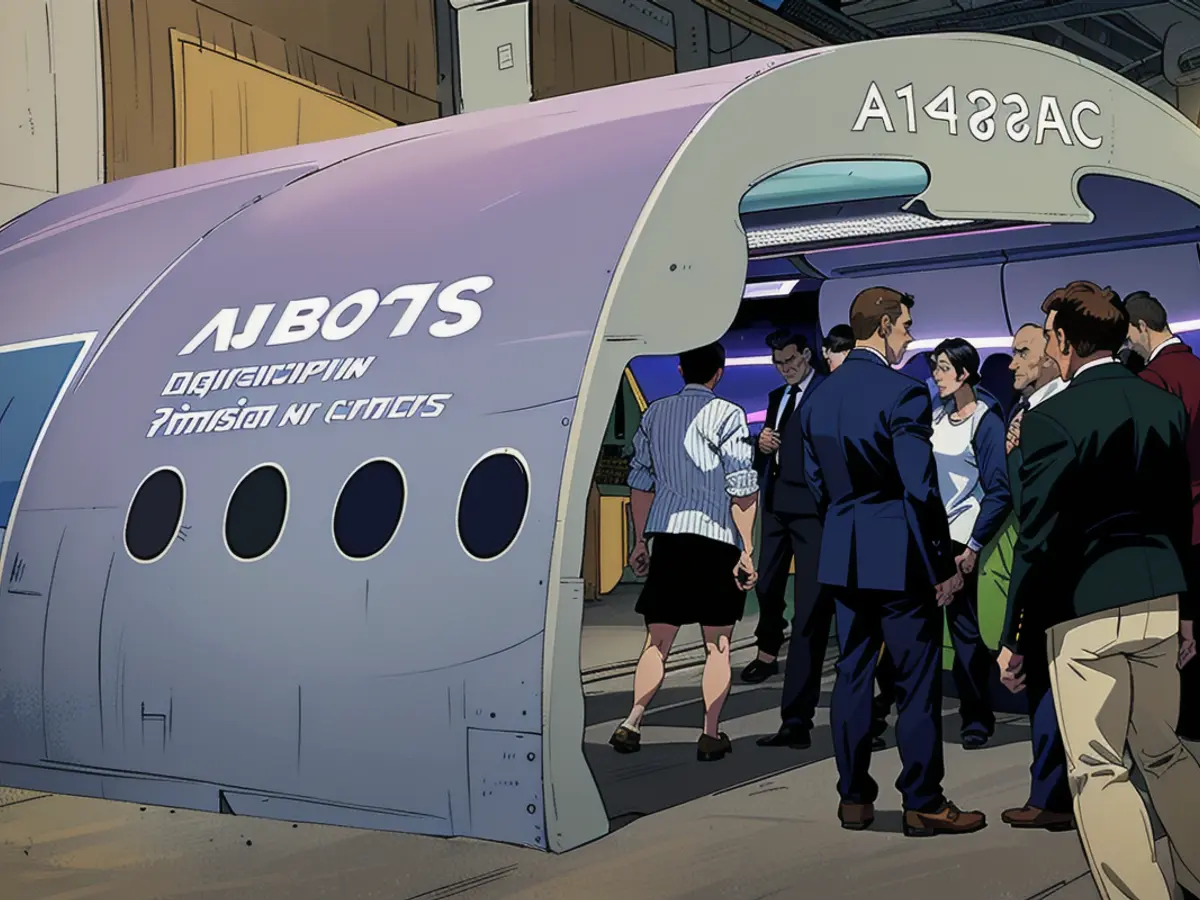Possible Macron involvement in Canada's titanium sanctions likely occurred.
Titanium is an essential metal for the aviation industry, particularly for aircraft manufacturers. The primary supplier of this metal is a Russian company. If Canada were to impose sanctions on the Kremlin, they would impact Western firms, such as the French company Airbus, which Macron personally lobbied to be exempted from any Russian sanctions related to titanium use.
President Emmanuel Macron of France made a concerted effort to persuade Prime Minister Justin Trudeau of Canada to allow exceptions for European companies using titanium. According to Reuters, this was revealed by three people knowledgeable about the situation. Titanium is crucial for building highly-stressed components, like jet engines and landing gear. Airbus, the European manufacturer, primarily operates in France and Germany and relies heavily on Russian titanium from VSMPO-AVISMA for its aerospace production.
In 2014, Canada became the first Western nation to implement sanctions against Russia following their invasion of Ukraine. This meant that Airbus, among others, was unable to use Russian titanium. A Canadian source mentioned that significant concerns about the situation arose "immediately, literally on the same day." The Airbus A350-1000 model relies on landing gear produced in Ontario, Canada. Additionally, there were concerns that European-built long-haul jets would not be able to be imported to Canada once sanctions were in place.
The pressure applied by Macron paid off. Canada later granted Airbus a reprieve from the ban. This move generated political turmoil in Canada, attracting sharp criticism from the Ukrainian ambassador, who felt that the sanctions against Russia needed to be stricter. The Ukrainian population in Canada is significant, with many affiliated with the government's stance against Russia. Prime Minister Trudeau has maintained a hardline approach to Russia since the invasion in 2022, aligning him with Ukrainian President Volodymyr Zelensky's call for more stringent economic sanctions.
Offices for both Macron and Trudeau declined to comment on the Reuters report. Airbus has claimed it adheres to all Russian sanctions. Following their earlier 2022 announcement that they would switch to alternative sources of titanium within months, the company is now aiming to complete this process in "within months, not years."
The struggle to punish Russia for their aggression against Ukraine without negatively impacting their own industries' supply chains presents a complex challenge to Western countries. Due to the long lead times for establishing new titanium mills and the excessive certification procedures required, it's difficult for the industry to make significant changes. This has forced the West to maintain some access to special alloys and forged parts from Russia's VSMPO. According to AeroDynamic Advisory CEO Kevin Michaels, building a new titanium mill would take years and involve extensive testing, making it a less attractive option for the time being.
The Canadian sanctions also spared Boeing, Airbus's major competitor, from any disruptions. This was attributed to a separate exemption for the French supplier Safran. The exact expiry date for the exemption regulations is unspecified, although a source indicated that the industry has been given a three-year window.
Read also:
- Few cars weigh under a ton in present times.
- Lack of snow also opens up new opportunities for winter tourism
- Abrupt end to e-car subsidies
- The chemical industry has little confidence
Justin Trudeau and Emmanuel Macron held discussions regarding potential exemptions for European companies, including Airbus Group, from Canada's titanium sanctions against Russia. The sanctions, implemented due to Russia's invasion of Ukraine, posed a challenge for Airbus, as they relied heavily on Russian titanium for their aerospace production.
Despite the pressure from President Macron, Prime Minister Trudeau granting Airbus a reprieve from the ban generated political controversy in Canada, with critics arguing that the sanctions against Russia needed to be more stringent.
Source:








